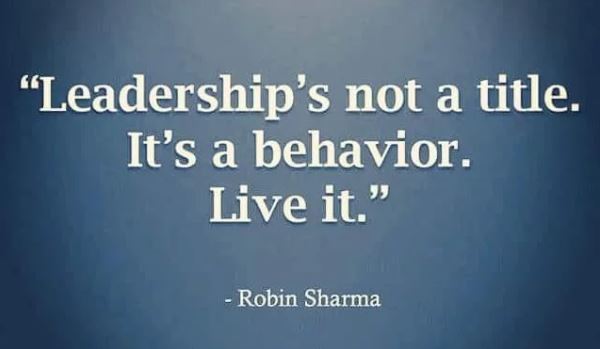Do successful business leaders and CEOs exhibit the same qualities across the board? Generally speaking, the answer is “yes.” Specific personality and character traits can be identified as essential components for virtually every business leader, whether they were ‘born’ to become a CEO or whether experience ‘made’ them ready for the job.
Here are five essential leadership traits to cultivate in your own enterprise or realm of influence:
Emotional Intelligence. The ability to ‘read’ people and connect with them on an emotional level may be the most important leadership trait. After all, how can you expect your senior executive team and your employees to follow you if they don’t feel an emotional connection with you?
“Being able to accurately identify and manage other people’s emotions to achieve specific objectives and goals … is absolutely crucial for successful management,” Forbes notes. By nurturing your strength in this area, you gain “a clear understanding of how other people operate, including what motivates them to give their best.”
A Passion for Learning. Great leaders never assume “I know everything.” For them, learning is a lifelong process—whether the subject is their own business and industry or acquiring new knowledge about themselves and how the world works.
They set aside time to delve more deeply into how their companies operate, realising “that even entry-level employees have something to teach leadership,” writes William Craig, an expert in company culture. “They’re deeply interested in the engine of the business and how to fine-tune it.”
Great at Communicating and Listening. Great CEOs understand how to communicate without getting lost in industry jargon or by puffing up their own egos. They make their message absolutely clear when addressing different stakeholders. They inspire and motivate essential qualities of leadership, regardless of your business or industry.
Just as importantly, effective business leaders understand how to listen well. Learn to focus on what others are saying, as well as on how they express themselves in non-verbal cues and body language. You’ll become a better communicator precisely because other people feel like you’re genuinely interested in what they have to say.
The Ability to Pivot. Effective leaders make critical decisions, often on a daily basis. They’re adept at sizing up a situation, analysing the pros and cons, and determining a course of action that keeps the business moving forward.
At the same time, it’s crucially important to step back from a situation after a decision has been made, review how well it’s going and, when necessary, pivot to another strategy. To enhance this skill, don’t be afraid to “listen to your employees, embrace criticism and institutionalise feedback sessions,” notes Entrepreneur. And if you decide to move in a new direction, don’t look back: “When you decide to take a new path, it needs your full support and attention.”
Stand for Something. One reason employees become disaffected by the business they work for is that they feel they can’t trust the leader’s word. He or she espouses one course of action, but moves in an entirely different direction. Or they commit to a specific policy initiative by a much-heralded date of implementation, only to have that date come and go with no changes at all. Gradually, this lack of consistency erodes the desired effects of leadership.
A strong leader stands for something. When he or she says they’ll act, they follow through on that action. People know they can trust the individual at the top, because he or she has a long track record of sticking to their word.
If you feel you’re lacking in one or more of these leadership areas, a genuine transformation in your skills is possible when you join a peer advisory group comprised of successful business leaders. It’s indeed a transformative experience that results in a more effective, well-rounded style of leadership.
5 Essential Traits for Business Leaders and CEOs

SHARE THIS ARTICLE

